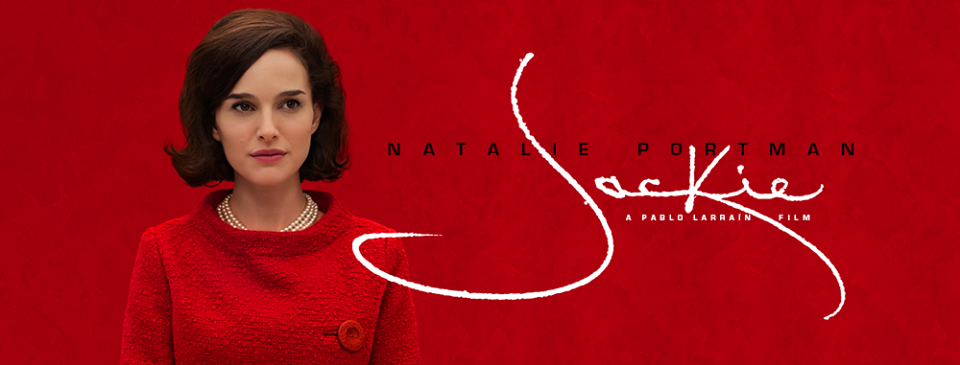Biopics remain a popular genre for Hollywood. The lesser productions could be considered toothless awards bait, but the best biopics transcend that cynical generalization and offer insight into the human condition, exploring themes relevant and compelling to the audience.
Written by Noah Oppenheim, Jackie isn’t just a biopic—the film is an intimate character study of the former First Lady. Jackie never wanted the spotlight, and the script plays with this internal conflict, depicting her as a woman torn between being a grieving widow and, to quote the movie, the “mother” to all Americans. Throughout the screenplay, Jackie tries to take control of her and her husband’s narratives; she insists that her husband have a funeral like Lincoln’s, complete with a procession on foot through the streets of Washington, despite the potential security risks, and when she begins her interview with a reporter from Life magazine, she tells him that she “will be editing this conversation.” But none of this was specifically about her image—as shown in the screenplay, her main goal was to secure her husband’s place in history, not have him discarded as “some dusty old artifact.” That selflessness helps make Jackie an even more sympathetic and compelling figure.
Structurally, Oppenheim mostly limits the script’s focus to the days immediately after JFK’s assassination up until his funeral, with Jackie’s subsequent conversation with a Life reporter serving as a frame. As she goes through her grief and mourning, the script shows the cracks in her public facade but nevertheless depicts her as a strong woman in the midst of a horrible situation.
As a movie, Jackie deserves all the praise it’s been receiving. Director Pablo Larraín has taken Oppenheim’s screenplay and made it into a visually stunning film, and Natalie Portman perfectly captures the Jackie’s voice and mannerisms and gives a career-best performance. As a character study and as a moving tribute to a former First Lady, Jackie is worth checking out.

